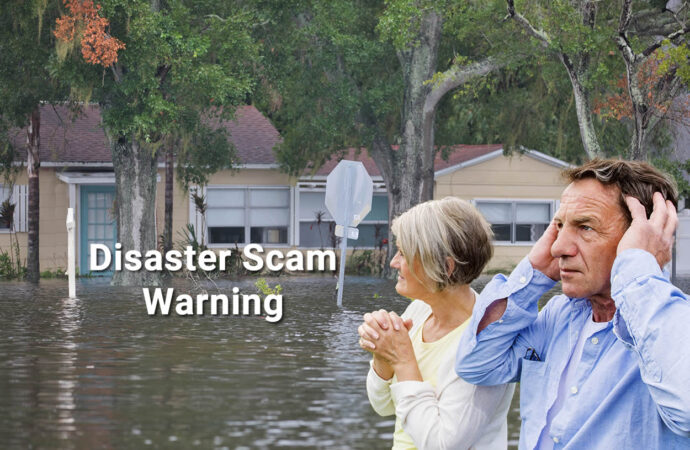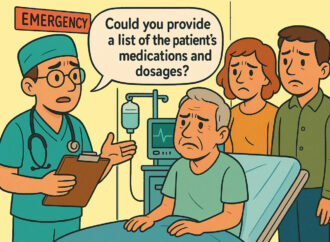When devastating hurricanes or other natural disasters strike, you don’t think about disaster recovery scams. You just focus on how to put your property and life back together quickly. And, you would think that most people would sympathize and want to help you and other victims whose property or businesses have been damaged or destroyed.
And indeed, government agencies, frontline workers, volunteers, family, and friends do go to great lengths to provide assistance.
Fly-By-Night Contractors Target Disaster Victims
Unfortunately, however, there are dishonest individuals who see devastation from natural disasters as an opportunity to engage in price gouging and fraud. Fake or unscrupulous contractors play on people’s need to hire someone quickly to repair or rebuild their damaged homes and businesses. Then, they either grossly overprice their services, or promise to do work, take the victim’s money, and disappear.
And then, there are some fraudsters who set up phony relief charities to scam people out of money they are trying to donate to disaster victims.
If you or someone you know has suffered damage from hurricanes or other devastating events, be on your guard. Don’t suffer more loss by falling for the scams.
Types of Disaster Recovery Scams
The Federal Trade Commission (FTC) advises disaster victims and people who want to help them to be wary of disaster scams like these:
- Fraudulent charities soliciting donations for disaster victims. They often imitate the names of charities linked to the disaster.
- Scammers impersonating government officials, offering disaster relief in exchange for personal information or money.
- Scammers promoting non-existent businesses or investment opportunities related to disaster recovery, such as rebuilding or flood-proofing.
- Price gouging for essential goods and services needed by disaster victims.
How to Protect Yourself from Disaster Scams
To avoid scams and frauds after a devastating event, pay attention to these best practices when hiring contractors following a disaster, or for any major jobs:
- Research contractors and get estimates from more than one before signing a contract for work
- Check to see if they are licensed and insured. Verify their credentials with the appropriate city, town or county office for your area
- As for references
- Search for their business name on social media sites and note what people are who have hired them are saying
- See if there is any information about them on the Better Business Bureau website
- Get a written contract stating what will be done, when it will be done, and what guarantees the contractor offers
- Read the entire contract carefully
- Don’t pay for the entire job in advance. Pay in steps as materials to do the work are delivered to you and work is completed
The FTC cites these as additional points to remember:
- Only scammers will insist you pay for services by wire transfer, gift card, payment app, cryptocurrency, or in cash.
- Never sign your insurance check over to someone else.
- Avoid anyone who promises they can help you qualify for relief from the Federal Emergency Management Agency (FEMA) ― for a fee. That’s a scam. FEMA will never require you to pay a fee to get disaster relief.
Experiencing destruction from hurricanes and other natural disasters is stressful. The physical damage, loss of property, and monetary losses as a result of the devastation are difficult to deal with. And it can all make you want to grasp at straws.
But take care that you don’t fall victim to the unscrupulous people who see your weakness as an opportunity for their illegal gain.
You can find more information on how to avoid weather-related and other natural disaster scams on the FTC website.
Report fraud. If you think you see a scam, report it to the FTC at ReportFraud.ftc.gov. Your report could help the FTC stop the scammers and help someone else avoid that scam.
Image source: Istockphotos
Disclaimer: The information on this website is provided for informational purposes only and should not be considered as legal, tax, accounting, or medical advice. Please consult a licensed professional for help with any specific questions and issues you may have.














Leave a Comment
Your email address will not be published. Required fields are marked with *